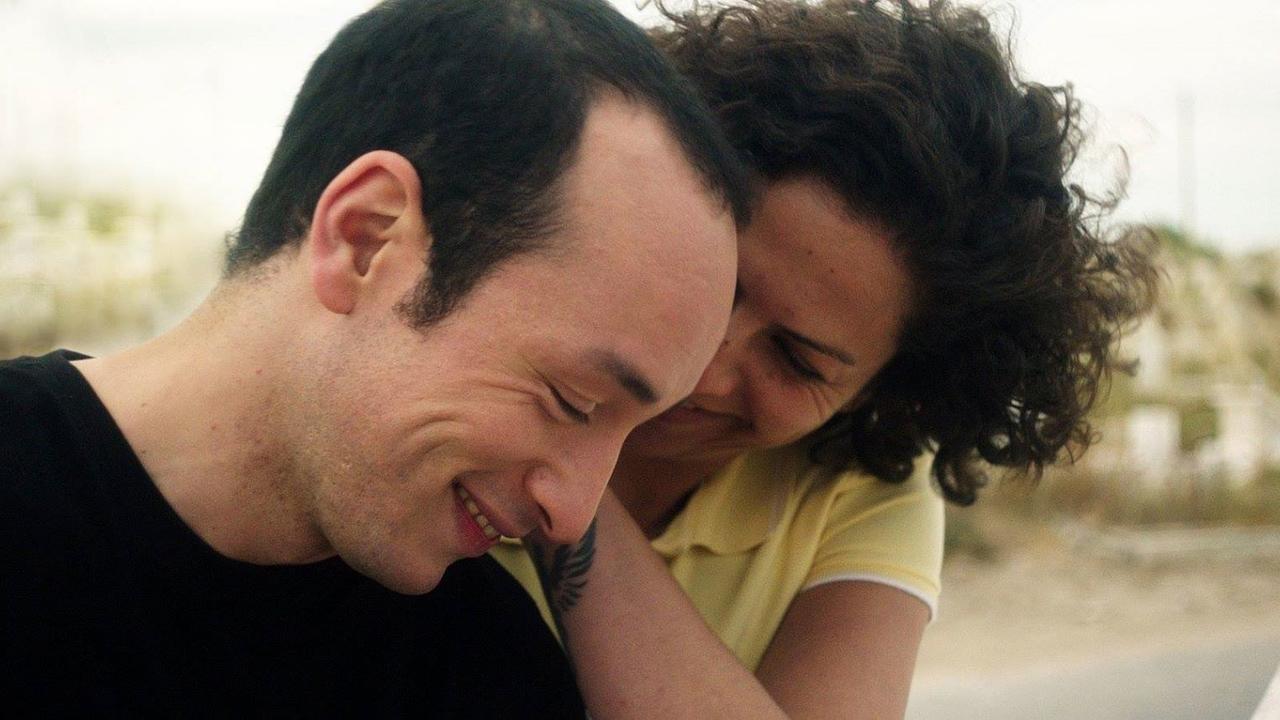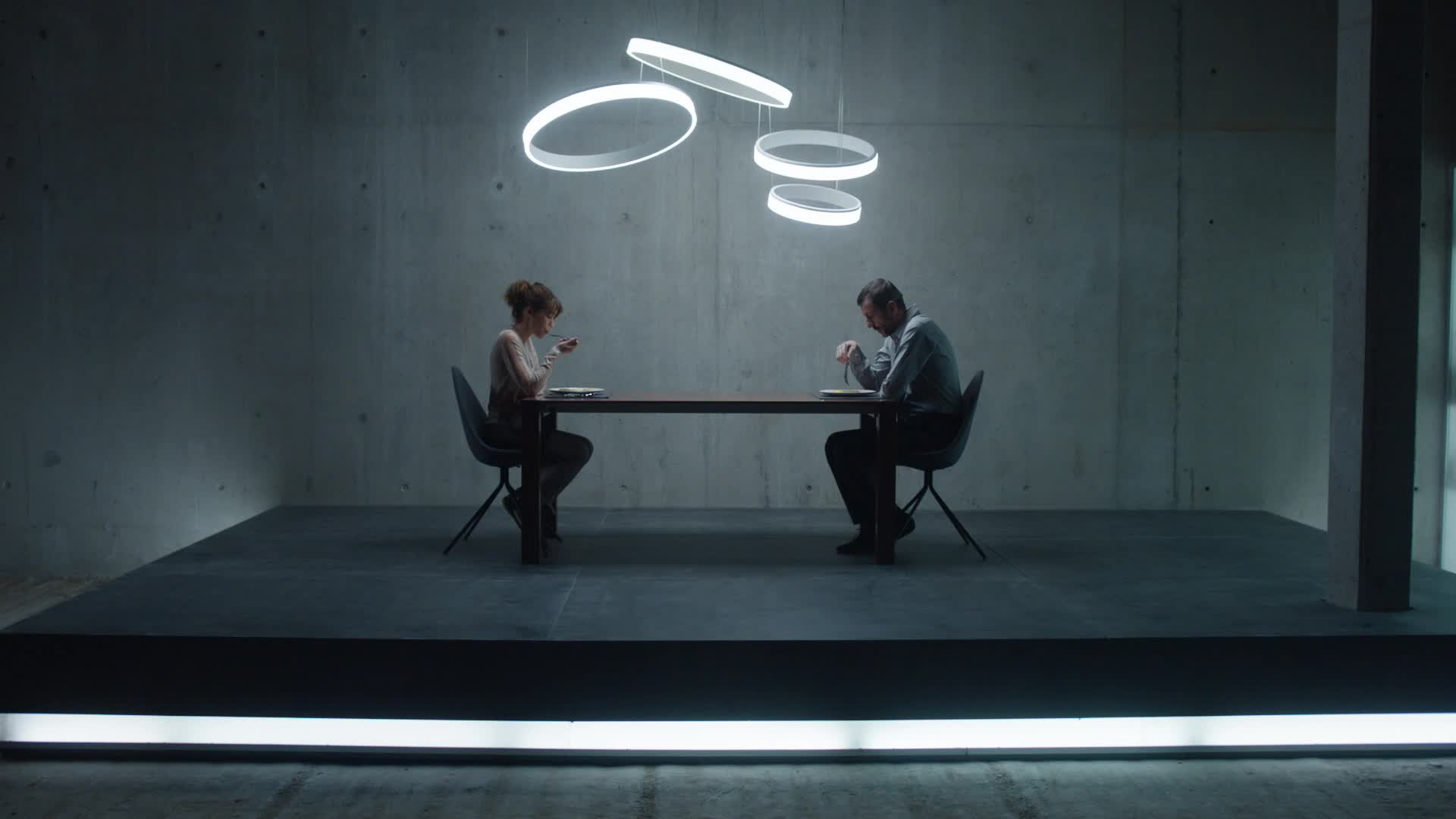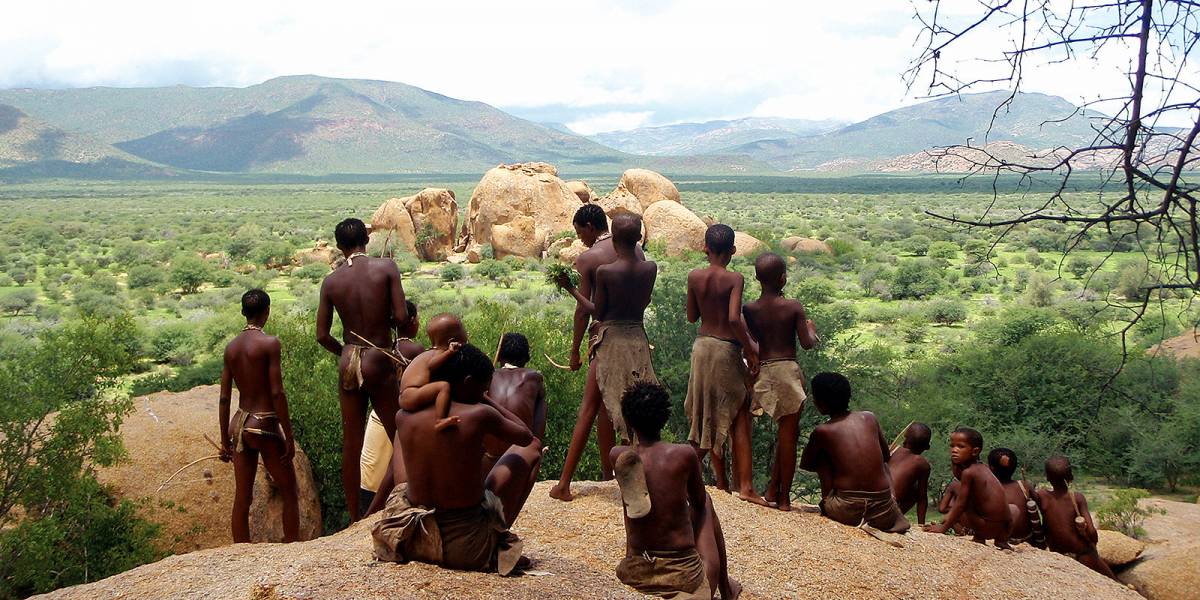
2016 had more than its share of blockbuster releases, from Marvel and DC superheroes smacking each other around to Star Wars space operatics unfolding with seemingly limitless budgets and big name stars. And while such large studio fare gets most of the attention when it comes to audiences plaudits, lots of foreign-language films are largely ignored, as are indie-derived pictures, genre entrees, documentaries and arthouse fare.
And while this following list is somewhat limited––there were so many wonderful films released last year––any way you look at it, any roundup of 2016 films will feature gifted visual storytellers, fearless filmmakers, invention, and vivid imaginings.
Without further ado, please enjoy this list and be sure to add other overlooked films in the comment section below.
20. Hedi

Winner of the Best First Feature Award at the 66th Berlin International Film Festival, this Tunisian drama from Mohamed Ben Attia hasn’t gotten the distinction it so richly deserves in North America
Majd Mastoura is astonishing as the eponymous Hedi, a sincere young man with ambitious dreams, credulous to a fault, struggling his way through the uneasy social conventions in present day Tunisia. Hedi’s overprotective mother, Baya (Sabah Bouzouita), tries to decide his life for him, including arranging his upcoming marriage, when suddenly and much to his surprise, he meets a lovely and loose woman named Rym (Rym Ben Messaoud).
The unfolding dramatics, co-produced by the Dardenne brothers, will work like catnip for arthouse audiences. Hedi’s numerous loving close-ups from cinematographer Frederic Noirhomme will long stay etched in the viewer as this deeply satisfying film unfolds with a rare grace and delicacy.
19. Embers

Director and co-writer (with Charles Spano) Claire Carré’s ambitious and meditative sci-fi film worships at the twin altars of Philip K Dick (shades of Obik) and Andrei Tarkovsky (think Stalker).
Featuring Josh Ritter in one of five interlacing tales set amidst a global epidemic of a neurological nature, each artfully exploring different Dickian ideas of memory and identity, futures without pasts, and a menacing mindfuck envelope that fans of challenging hard sci-fi will deeply appreciate.
That it’s all done on a small budget but with striking visuals all the same, make this haunting and imposing little picture something of a marvel, and one that’s destined for cult status.
18. Graduation

Cristian Mungiu’s provocative Graduation is as intricate as it is sharp and unsettling. This Romanian film, which netted Mungiu much praise in Europe––he shared the Best Director Award with Olivier Assayas (for his excellent film Personal Shopper) at Cannes––but has been largely overlooked in America.
A gripping Adrian Titieni as grey-haired Dr. Romeo Aldea dominates almost every frame of this arresting Romanian drama.
Elements of Michael Haneke’s work loom heavy and even the lilting air of Abbas Kiarostami seems discernable in the enigmatical progress of the story. Romeo’s teenage daughter is assaulted just moments after he drives her to school and his troubled mind, and ours, wanders all over the place in the wake of this tragedy.
Bleak, tangled, and persistent, Graduation teases at the viewer, troubling us and yet gratifying us also, for all its ability and brilliance.
17. Évolution

Arriving some eleven years after her last film (2004’s Innocence), French filmmaker Lucile Emina Hadžihalilović’s latest provocation is the hauntingly atmospheric cine- on gender fluidity, Évolution.
Max Brebant is brilliant as 10-year-old Nicolas, an islander residing with his mother in a village whose only inhabitants are women and young boys. Akin to a Kafkaesque nightmare, the boys are each subjected to a strange and surely sinister medical treatment in the grim hospital that menacingly looks down upon the sea.
Of all his peers, Nicolas is the only one who questions these unpleasant aesculapian treatments and the odd nightly meetings the women hold each night upon the shingle.
Strongly surreal and endlessly unnerving, Évolution is a poetic experiential horror fantasy that may well only appeal to a certain and specific alcove of admirers, though cinematographer Manuel Dacosse’s prize-winning work will impress even the most mainstream audience members.
16. The Complexity of Happiness

Italy’s Gianni Zanasi (Non penarci) offers up a shrewd, cerebral, and stylish comedy with The Complexity of Happiness. Enrico Giusti (Valerio Mastandrea) is an autonomous businessman who routinely chides no-account CEOs to trade their companies, but his old ways won’t wash now that he’s met two orphaned beneficiaries; college student Filippo Lievi (Filippo De Carli) and his teenage sister, Camilla (Camilla Martini).
Watching Enrico warm to and assist this surrogate family is both uplifting and unpredictable. Some familiar tropes are subverted and capsized and all with a deft attention that is, especially for a comedy, unique and refreshing.
Zanasi’ film takes some getting used to as it’s unashamedly strange and stylish, and doesn’t mind bringing the narrative to a screeching halt to take musical interludes with slo-mo music video flourishes and arresting tableaux.
Zanasi’s The Complexity of Happiness offers polished and precise filmmaking full of flash and flair.
15. Ghostland

Simon Stadler’s endearing and open-handed documentary, Ghostland, follows a culturally sheltered group of Ju/’hoansi people on their landmark journey to Germany (and their first ever airplane trip). With an observant but never overly intrusive eye Stadler presents the Ju/’huansi as engaging and endearing subjects.
A tribal people who’ve lost their traditional hunting practices thanks to the meddling Nambian government, these inventive people––bushmen from the Kalahari––have resorted to performing for tourists as their culture is exploited, and forever changed.
Playing out something like a neo-realist reboot of Jamie Uys comedy classic The Gods Must Be Crazy, the resulting culture clash is equal parts comedy and tragedy but never is it anything less than compelling as a group of amiable and intelligent Ju/’huansi find themselves exploring metropolitan life in Germany; marvelling at skyscrapers, shopping malls, filling stations, and more, all with the eyes of innocent’s.
Stadler presents the Ju/’huansi allegorically perhaps, or maybe that’s just what the viewer brings to it having looked into a mirror flashing our up-to-date nabe placed in proximity to the oldest existing culture on the planet with reflecting and refreshing results.